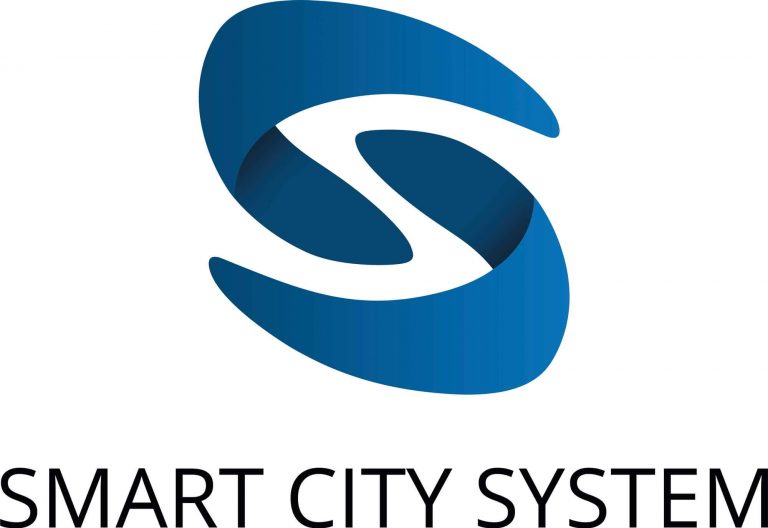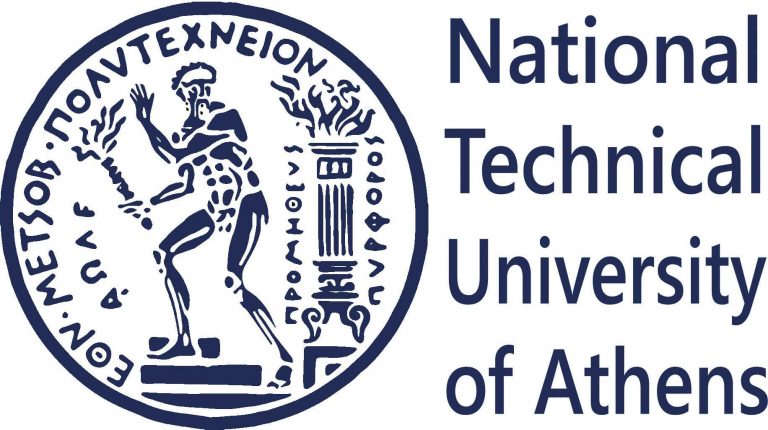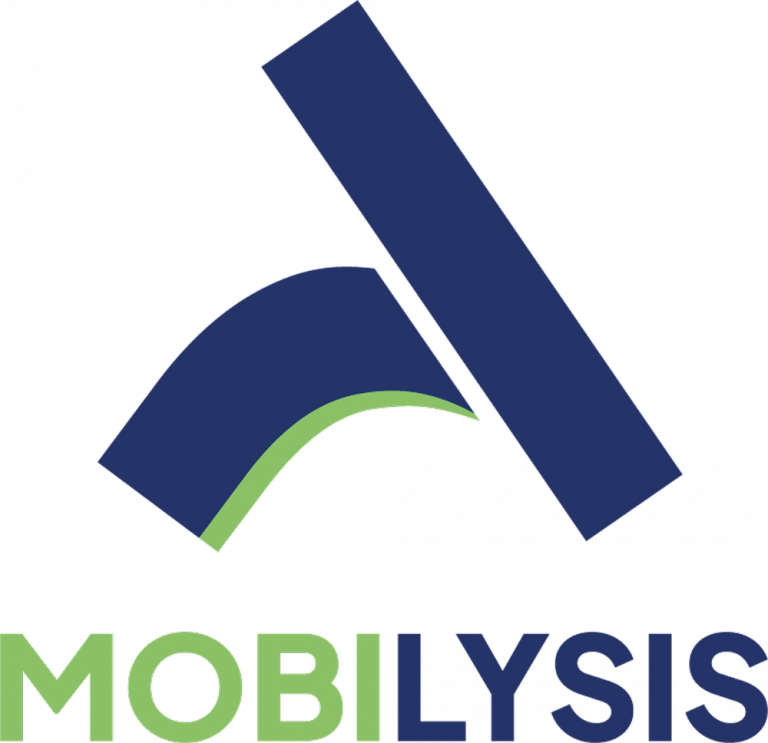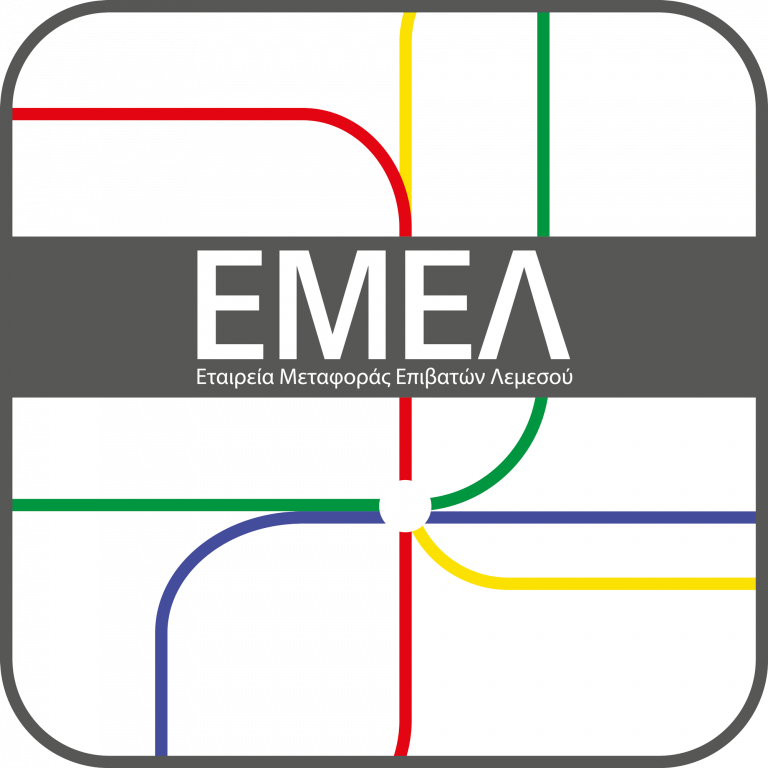Tampere is Finland’s third-largest city, with a population of approximately 250,000. The city features a densely populated, walkable center surrounded by more sparsely populated suburbs.
Connections between the center and the suburbs is provided by buses, along with a cycling network and tram lines that began operating in 2021.
To make trams a competitive alternative to private cars, the existing tram network requires feeder transport services, both for current routes and future lines set to open in 2025.
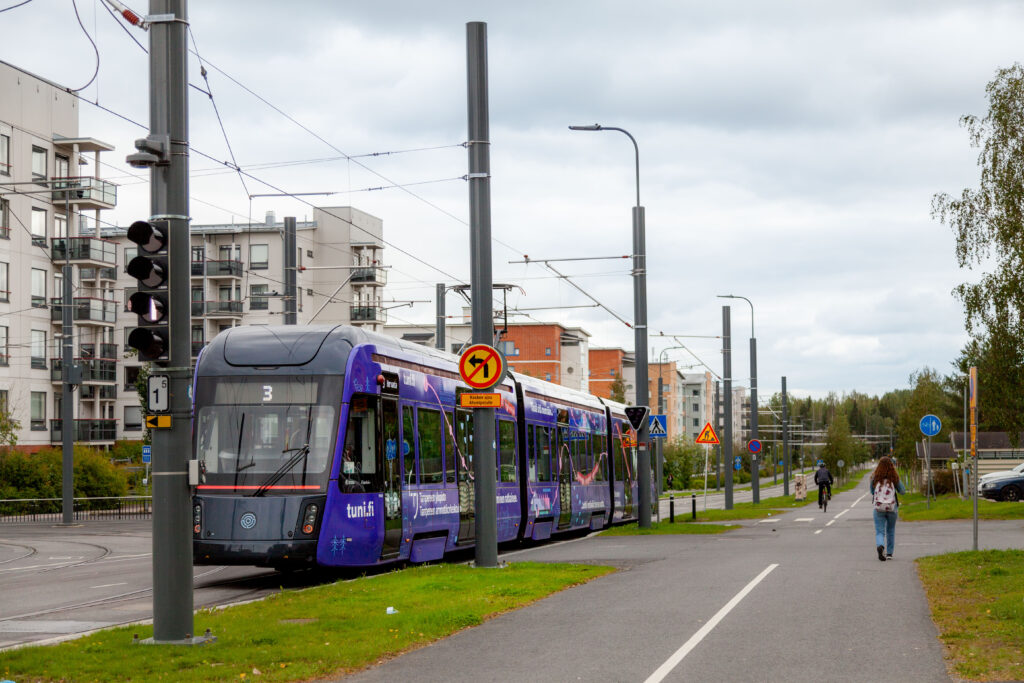
Challenges
Tampere’s challenge, in line with its Sustainable urban mobility plan (SUMP), is to boost the public transport modal share from 13% to 21% and reduce the car modal share from 43% to 30% by 2030.
The broader goal is to establish competitive alternatives to private cars, ultimately aiming to reduce car ownership as well.
Use cases
Tampere will set up a state-of-an-art automated bus (SAE L4) service to tram stops. The area where the new service will be demonstrated in various districts in Tampere with different land use characteristics.
The focus is on two interconnected aspects:
- establish the remote operation of the automated shuttle buses, and
- develop guidance for planning a car-free urban environment that relies on automated public transport.
Role of the living lab in metaCCAZE
The city of Tampere, with Remoted as the technological partner, and with support from the Tampere University will deliver the living lab activities.
Tampere is responsible for designing the service with the objective of meeting citizens’ needs.
Remoted’s role is to design and implement needed digital solutions (like controlling SW to remote control centre) to enable the remote control of the automated shuttles and operate two AV buses and two shuttles.
Tampere University supports the entire living lab effort by studying the technological, organisational, and financial viability of the remote control centre as well as by studying the passenger experience within AVs operating without on-board personnel in various operating conditions, including harsh winter conditions. A comprehensive impact assessment of automated feeder transport will be carried out and disseminated widely both within the project and outside the project.
Contact
- Heikki Liimatainen
- heikki.liimatainen@tuni.fi





